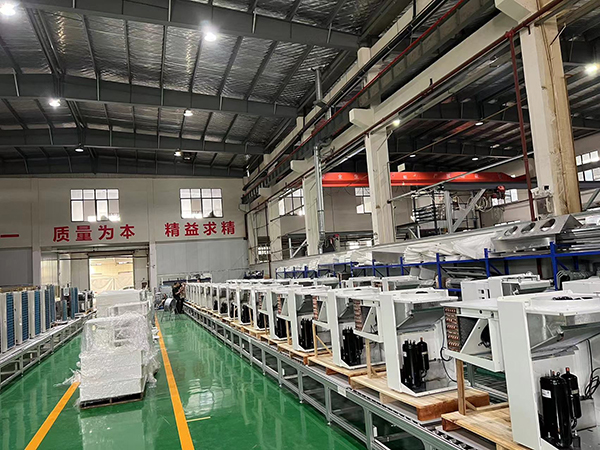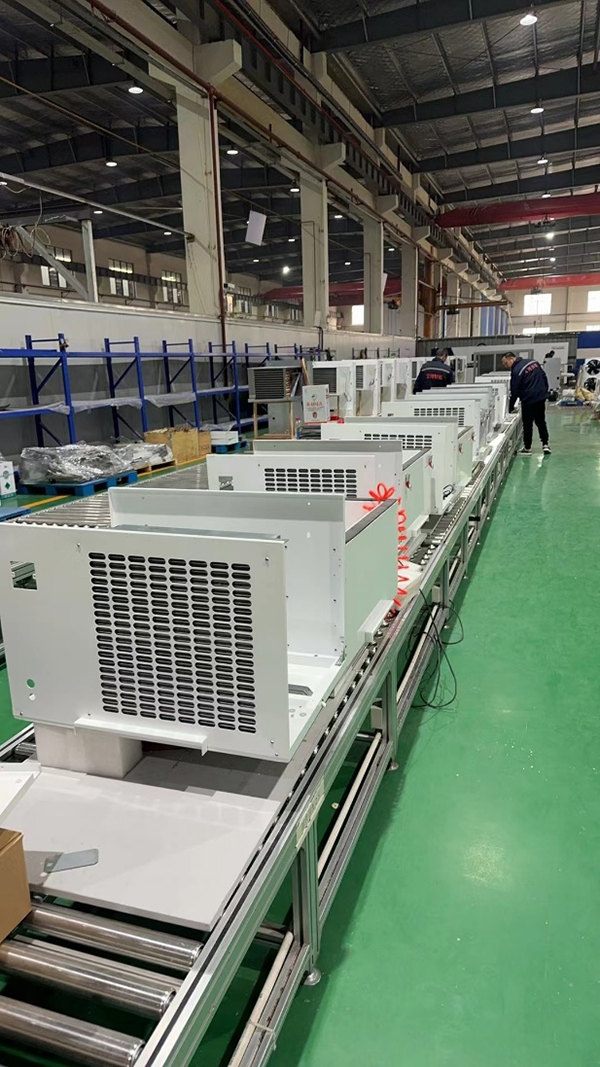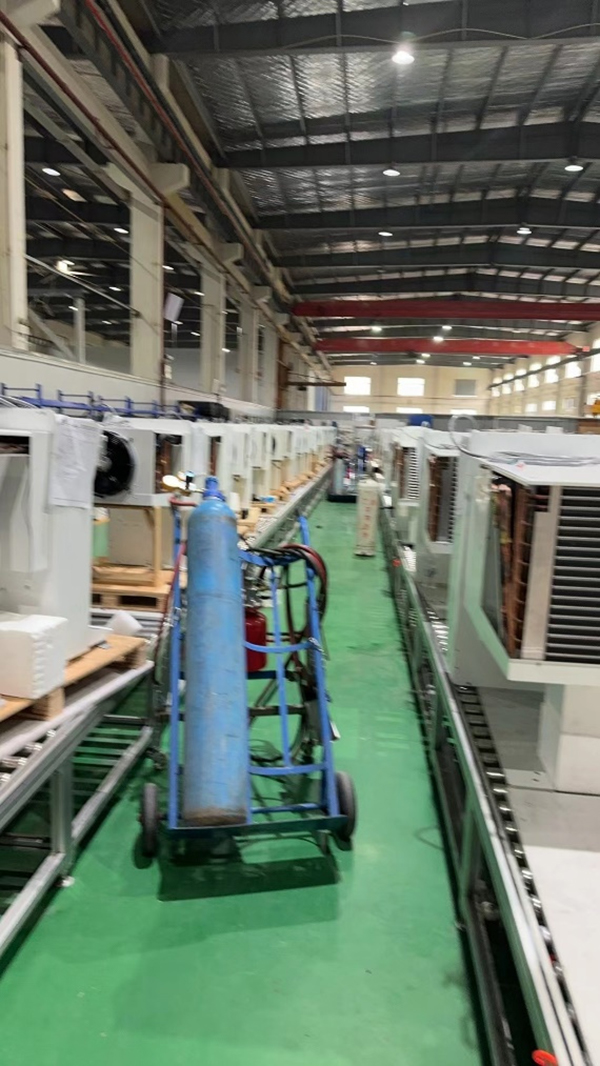Introduction:
In the realm of refrigeration technology, constant innovation drives efficiency, sustainability, and practicality. One such innovation is the integration of Thermojinn technology into Monoblock refrigeration systems. This article explores the development of Thermojinn and its impact on Monoblock refrigeration production, highlighting its significance in enhancing energy efficiency, reducing environmental footprint, and advancing the capabilities of refrigeration units.
Understanding Monoblock Refrigeration:
Monoblock refrigeration systems are compact, self-contained units used for cooling applications in various industries, including food and beverage, pharmaceuticals, and logistics. Unlike traditional split systems, Monoblock units house all components, including the compressor, condenser, evaporator, and expansion valve, within a single enclosure. This design simplifies installation, reduces maintenance requirements, and enhances mobility, making Monoblock systems ideal for small-scale operations and mobile refrigeration needs.
The Emergence of Thermojinn Technology:
Thermojinn technology represents a significant advancement in refrigeration engineering, leveraging thermodynamic principles and innovative design to optimize energy usage and performance. Developed as a collaborative effort between research institutions and industry leaders, Thermojinn introduces novel heat exchange mechanisms, advanced compressor designs, and intelligent control systems to improve the efficiency and sustainability of refrigeration systems.
Benefits of Thermojinn-enabled Monoblock Refrigeration:
The adoption of Thermojinn technology in Monoblock refrigeration production yields a multitude of benefits:
1. Enhanced Energy Efficiency: Thermojinn reduces energy consumption by optimizing heat transfer processes and minimizing inefficiencies within the refrigeration cycle. This results in lower operational costs and reduced environmental impact, aligning with sustainability goals.
2. Improved Temperature Control: Thermojinn-equipped Monoblock units offer precise temperature control, ensuring consistent cooling performance across varying operating conditions. This is particularly crucial in industries where temperature-sensitive products must be stored or transported under controlled conditions.
3. Increased Reliability and Durability: The advanced design features of Thermojinn technology enhance the reliability and longevity of Monoblock refrigeration systems. Components are subjected to less stress, reducing wear and tear and extending the lifespan of the equipment.
4. Environmental Sustainability: By reducing energy consumption and minimizing refrigerant leakage, Thermojinn-enabled Monoblock units contribute to environmental sustainability efforts. Lower carbon emissions and decreased reliance on synthetic refrigerants help mitigate the ecological footprint of refrigeration operations.
5. Versatility and Adaptability: Thermojinn technology enhances the versatility of Monoblock refrigeration systems, allowing them to adapt to diverse applications and operating environments. From mobile refrigeration units to stationary installations, Thermojinn-enabled Monoblock systems offer flexible solutions tailored to specific requirements.
Future Implications and Conclusion:
The integration of Thermojinn technology into Monoblock refrigeration production represents a significant milestone in the evolution of refrigeration technology. As advancements continue and adoption rates rise, the benefits of enhanced energy efficiency, improved performance, and environmental sustainability will become increasingly prevalent across various industries. By embracing innovation and collaboration, the refrigeration industry paves the way for a more sustainable and efficient future, where Thermojinn-enabled Monoblock systems play a vital role in meeting the evolving needs of global cooling demands.
Post time: May-08-2024








